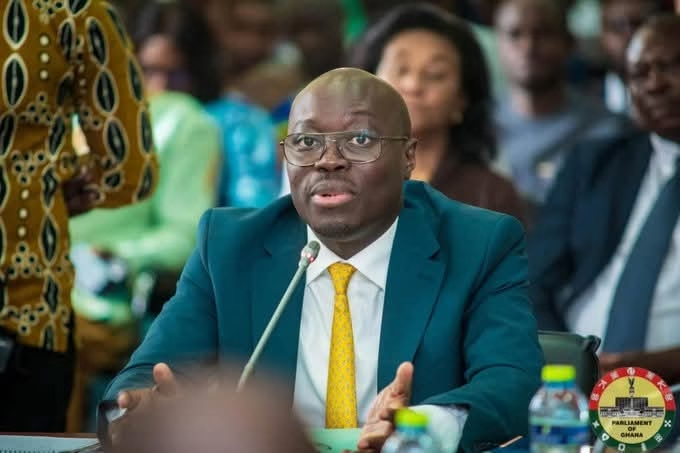IMF and Ghana Begin High-Stakes Talks on 2025 Budget
The International Monetary Fund (IMF) is set to commence crucial discussions with the Ghanaian government this week as the country finalizes its 2025 budget, scheduled for presentation in March. These engagements come at a critical juncture, with Ghana seeking to eliminate key tax lines while managing a growing energy sector debt.
Major Tax Cuts Under Consideration
A significant part of the discussions will focus on the government’s plan to scrap several controversial tax policies, including:
- E-Levy – A tax on electronic transactions that sparked widespread public resistance.
- Betting Tax – A levy imposed on gambling winnings, affecting both bettors and operators.
- COVID-19 Levy – Introduced during the pandemic to generate additional revenue but is now deemed unnecessary.
These tax measures, introduced by the previous administration to boost domestic revenue, have faced intense criticism from businesses and citizens alike. While their removal could offer relief to individuals and enterprises, it raises concerns about Ghana’s ability to maintain fiscal discipline under the IMF-backed $3 billion Extended Credit Facility (ECF) IMF ECF Program.
IMF’s Concerns Over Fiscal Consolidation
The IMF is expected to scrutinize these proposed tax cuts to ensure they do not derail Ghana’s fiscal consolidation efforts. Key considerations include:
- Revenue Impact – How will the government offset the losses from scrapping these taxes?
- Economic Recovery – Will tax cuts spur economic growth or widen the budget deficit?
- Debt Management – How will Ghana sustain its repayment commitments under the IMF program?
The IMF will seek assurances that the government has a solid plan to sustain revenue collection while fostering economic growth.
Energy Sector Debt: A Growing Concern
Beyond tax reforms, Ghana faces mounting pressure to resolve its energy sector debt, estimated at over $2 billion. The financial strain on Independent Power Producers (IPPs) has threatened energy stability, with potential supply disruptions looming if the government fails to clear outstanding arrears.
Key issues in the energy sector discussions include:
- Foreign Exchange Demand – Payments to power producers require significant forex, putting pressure on the cedi.
- Structural Reforms – The IMF is likely to demand concrete plans for cost recovery and efficiency improvements.
- Investor Confidence – Ghana must assure international partners and investors that it has a sustainable strategy to manage the sector’s financial health.
Government’s Roadmap and IMF Expectations
To secure continued IMF support, Ghana must present a clear strategy that addresses:
- Revenue Diversification – Alternative sources to replace the scrapped taxes.
- Energy Debt Resolution – Sustainable mechanisms to settle power sector liabilities.
- Macroeconomic Stability – Policies to maintain inflation control and exchange rate stability.
The outcome of these discussions will be closely monitored by investors, businesses, and international partners, as Ghana seeks to strike a balance between economic growth, fiscal responsibility, and energy sector stability.
What’s Next? Stay Updated
As Ghana navigates these critical negotiations, it is essential to stay informed about the policy shifts and economic implications. Follow the latest developments through reputable sources such as:



